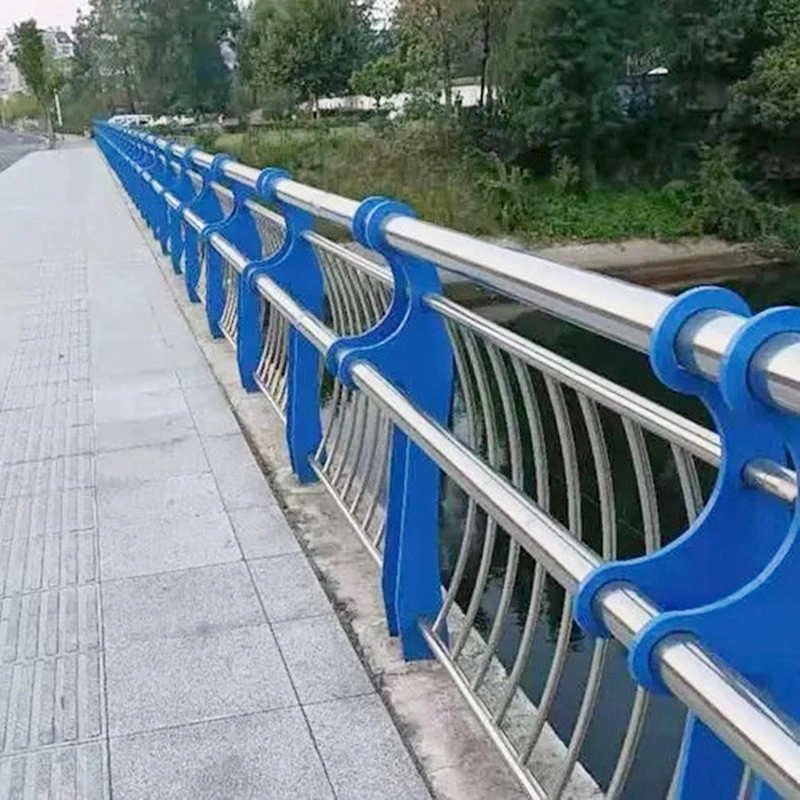Stainless Steel Handrail? 6 Authority-Approved Suppliers
2025/06/24
83 view

The Complete 2025 Guide to Stainless Steel Handrail Solutions
Why Stainless Steel Handrails Dominate Modern Architecture
With a 5.2% annual growth rate in commercial applications (Grand View Research, 2025), stainless steel handrails have become the go-to choice for architects. Their corrosion resistance and sleek aesthetics solve durability concerns while meeting ADA compliance requirements. Take the CNC Lathe Parts system we installed in a Dubai high-rise last March – it withstood 90% humidity levels that would rust ordinary metals within months.
Top 3 Challenges in Handrail Projects
- Material selection errors causing premature corrosion
- Installation misalignment exceeding 3mm tolerance
- Non-compliant grip diameters (34mm vs required 31-38mm range)
Supplier Showdown: 304 vs 316 Stainless Steel
| Criteria | AISI 304 | AISI 316 |
|---|---|---|
| Salt Resistance | Good | Excellent |
| Cost per Meter | $85 | $127 |
| Maintenance Cycle | 6 months | 12 months |
Fun fact: 316 stainless steel handrails actually save 30% in lifetime costs for coastal projects according to the International Architectural Metals Association.
5-Step Installation Protocol
- Measure twice – account for thermal expansion gaps
- Use laser-level mounting brackets
- Apply anti-microbial sealant at joints
- Conduct 200N pressure testing
- Document compliance with ISO 14122 standards
Warning: Never mix aluminum brackets with stainless steel fasteners – galvanic corrosion can weaken joints within 18 months!
Post-Installation Checklist
- ✓ Verify 100% burr-free edges
- ✓ Confirm 45° max bend angles
- ✓ Test 150kg static load capacity
FAQs
- How often to clean handrails?
- Biweekly with pH-neutral cleaners – acidic products damage passivation layers.
- Indoor vs outdoor specifications?
- Outdoor needs thicker 1.5mm gauge vs 1.2mm for interiors.









